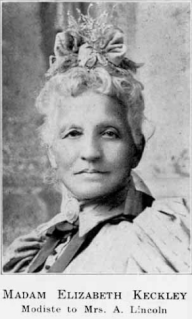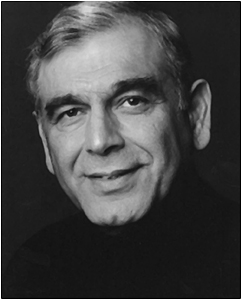A Quote by Henry David Thoreau
Each reader discovers for himself that, with respect to the simpler features of nature, succeeding poets have done little else than copy his similes.
Related Quotes
Good work is no done by "humble" men. It is one of the first duties of a professor, for example, in any subject, to exaggerate a little both the importance of his subject and his own importance in it. A man who is always asking "Is what I do worth while?" and "Am I the right person to do it?" will always be ineffective himself and a discouragement to others. He must shut his eyes a little and think a little more of his subject and himself than they deserve. This is not too difficult: it is harder not to make his subject and himself ridiculous by shutting his eyes too tightly.
If you look at items of clothing like denim or polo shirts, they came from someone else's idea and everyone now makes them, but even so, I sometimes want to buy into the newer thing because it looks good or whatever. I mean, I copy many things - almost everything I do could be called a copy in some way. But I copy with a certain respect. I have a high regard for the original, and so I want to put my twist onto that. It's just like sampling music - when it's done well, the new work communicates a respect for the original source material.
When describing nature, a writer should seize upon small details, arranging them so that the reader will see an image in his mind after he closes his eyes. For instance: you will capture the truth of a moonlit night if you'll write that a gleam like starlight shone from the pieces of a broken bottle, and then the dark, plump shadow of a dog or wolf appeared. You will bring life to nature only if you don't shrink from similes that liken its activities to those of humankind.
A man who lies to himself, and believes his own lies becomes unable to recognize truth, either in himself or in anyone else, and he ends up losing respect for himself and for others. When he has no respect for anyone, he can no longer love, and, in order to divert himself, having no love in him, he yields to his impulses, indulges in the lowest forms of pleasure, and behaves in the end like an animal. And it all comes from lying - lying to others and to yourself.
Every reader, as he reads, is actually the reader of himself. The writer's work is only a kind of optical instrument he provides the reader so he can discern what he might never have seen in himself without this book. The reader's recognition in himself of what the book says is the proof of the book's truth.
Reason cannot desire for man any condition other than that in which not only every individual enjoys the most absolute, unbounded freedom to develop himself out of himself, in true individuality, but in which physical nature, as well, need receive no other shaping by human hands than that which is given to her voluntarily by each individual, according to the measure of his wants and his inclinations, restricted only by the limits of his energy and his rights.


































